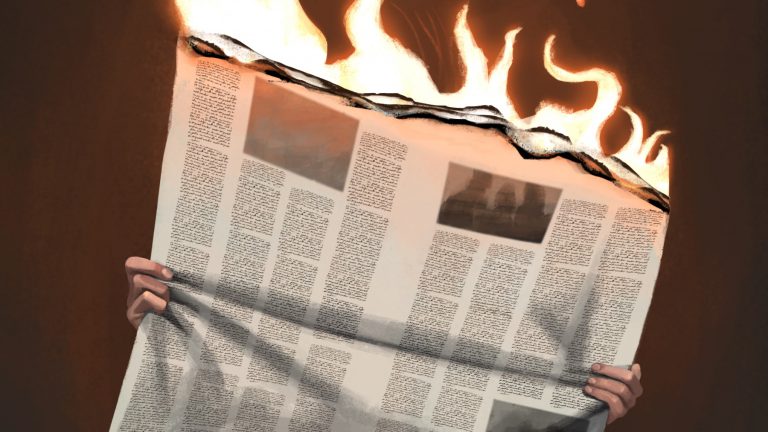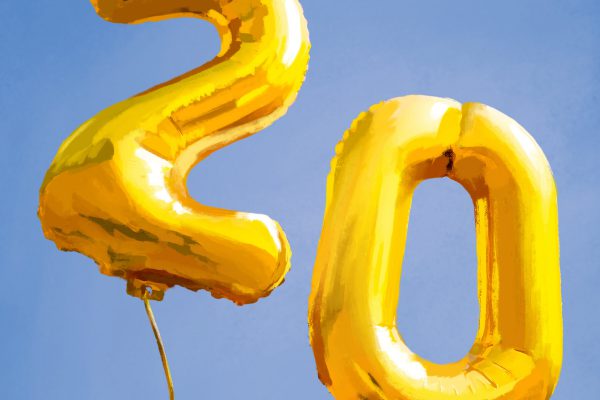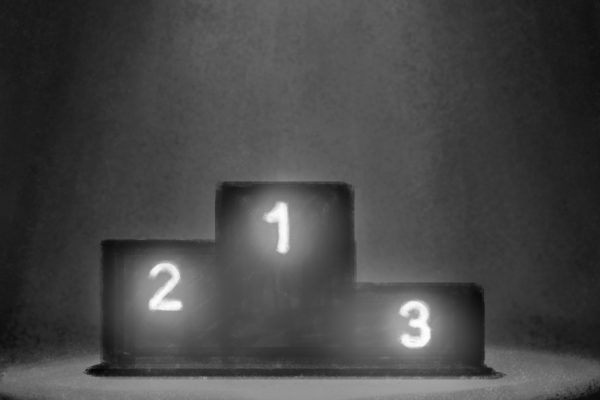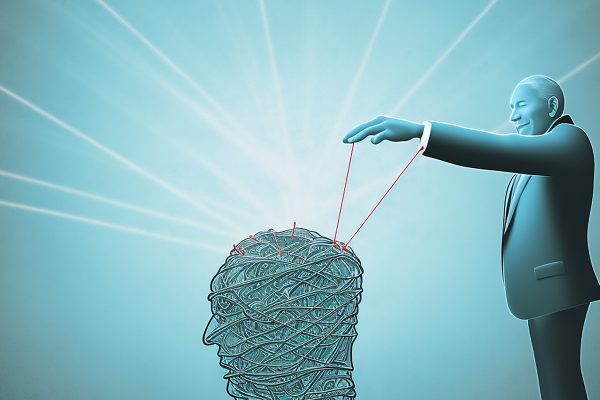Fake news has been around for centuries. But in recent years, techniques have gotten more sophisticated and insidious, making misinformation super tough to spot, at least some of the time.
Instead of rehashing which news networks and platforms have a fake news problem (spoiler alert: your opinion probably depends on your politics), it might be more useful to think about social media platforms and other websites that publish news, even though most people don’t see them that way.
For example, conservative pundit and author Mark Dice argues that many users see websites like Facebook as politically neutral when it publishes and spreads huge amounts of fake news and propaganda. He says that over the years, Facebook has transformed from a platform where old friends can reconnect into a hotbed of conspiracy theories, deep fakes, and plain lies.
Google, YouTube, Twitter, even Wikipedia—all of these sites are major purveyors of news. They tend to have opaque editorial policies that benefit their businesses more than the rest of society.
How can we learn to better vet these platforms, and hold their leaders accountable? Learn more in The True Story of Fake News.







